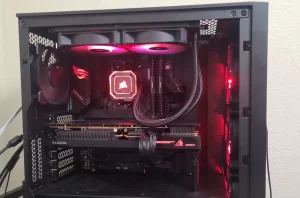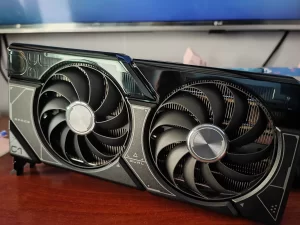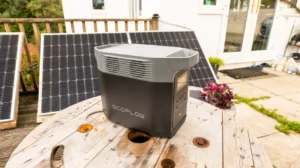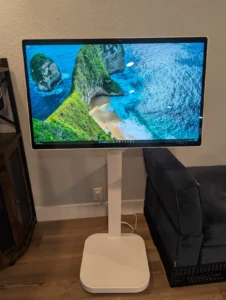Maximize Your Gaming: The Surprising Power of MSI GeForce RTX 3060
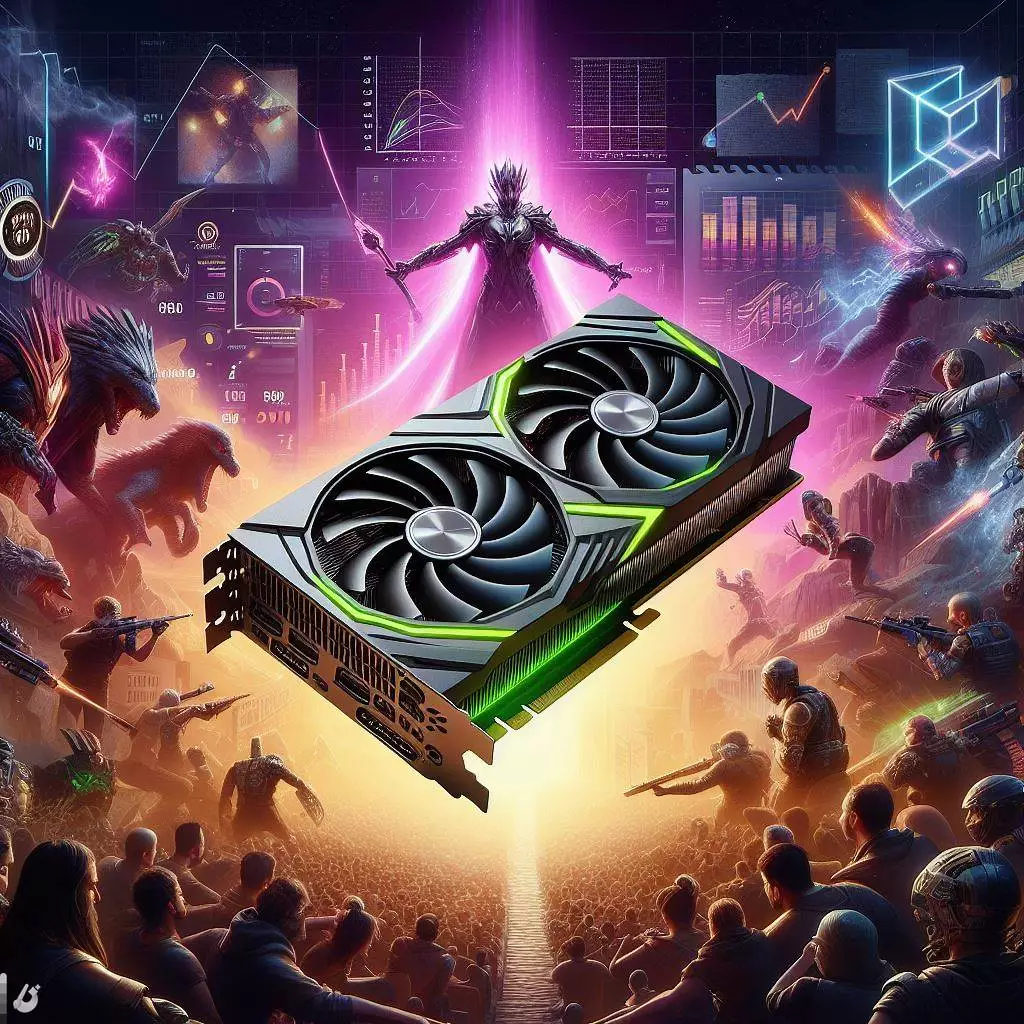
Upon examining the specifications, my preference leaned towards the MSI GeForce RTX 3060 over the 4060, primarily due to my hesitation to invest in a card with less than a 192-bit memory interface, despite the 4060 boasting an additional 10fps in most games. Upon conducting tests and observing how this card rendered my 8-year-old i5-6500 a significant bottleneck, the outcomes surprised me.
Commencing with the OC edition, the core clock automatically surged beyond the advertised boost clock speeds, reaching as high as 2000+ MHz out of the box for me. Utilizing MSI Afterburner, I managed to push the card to 2200+ MHz in modern games like Forza Horizon 5 and Red Dead Redemption 2, all while maintaining temperatures below 67°C.

Remarkably, this card marked the first time I encountered a stock fan curve that I found satisfactory. Unlike my previous card, which reached 83°C, prompting me to resort to custom fan curves from additional programs like Precision X OC during every gaming session, the RTX 3060’s fans kick in at 55-60°C, keeping temperatures generally below 65°C, and rapidly reducing them to 40°C before shutting off completely. The gaming experience is notably quiet, whether the fans are active or not.
Transitioning from a 1060, the disparity is substantial. Most games effortlessly achieve 90-120fps on high/ultra settings at 1080p, with only a few demanding titles (such as RDR2) posing a challenge, even with my aging i5. Experimenting with upscaling in some games, I managed to maintain a steady 60fps at the very least. While initially skeptical about DLSS (especially considering Nvidia’s decision to equip the 4060 and 4070 with a 128-bit card and claim that DLSS 3 would compensate for it), I’ve found it to be a valuable feature.
Priced at around $280, this upgrade from my $220 1060 purchase nearly 8 years ago is commendable. Perhaps I should have considered spending a bit more for a 4060 or maybe a 3060 Ti. However, for a “budget” build, this card undeniably delivers satisfying performance.

